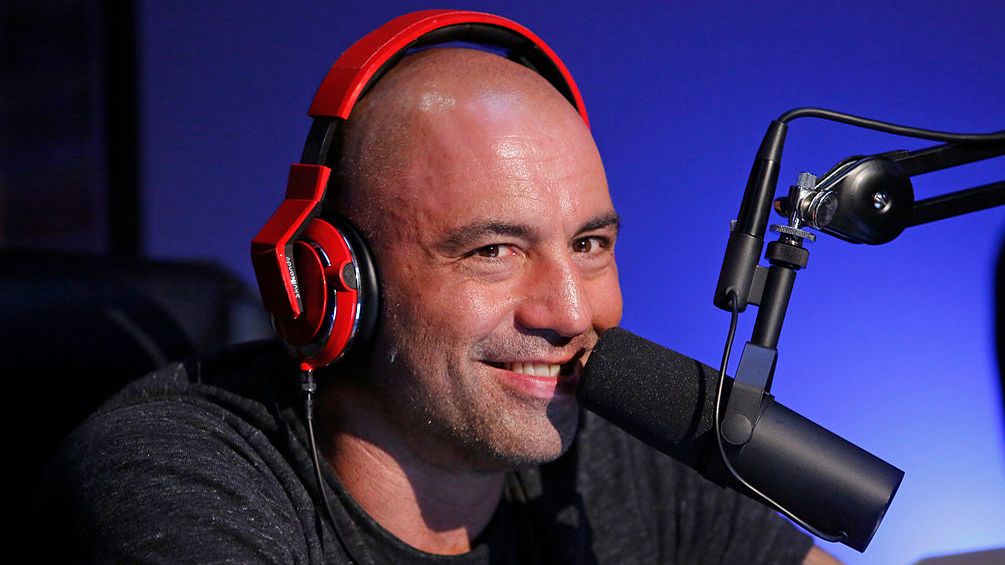Jon Stewart sat back, his tone calm yet heavy with the kind of frustration that only comes from watching a society drift further away from understanding. The veteran comedian and former Daily Show host has built a career out of cutting through noise with humor and reason, but in a recent appearance at The New Yorker Festival, his words carried a weight that comedy alone could not soften. Speaking with New Yorker editor David Remnick, Stewart didn’t just discuss the state of media or politics — he delivered a sobering diagnosis of something deeper. “We’ve lost the ability to love people,” he said, “because they don’t pass our political litmus tests.”

The remark, though simple, captured the essence of a cultural crisis that has been brewing for years — one where disagreement is treated as betrayal, and conversation itself has become an act of courage. What followed was an exchange that rippled through social media and political circles alike, not only because of Stewart’s critique but because of whom he chose to defend: Joe Rogan.
When asked about his decision to appear on The Joe Rogan Experience, Stewart said he “enjoyed” the conversation and described Rogan as “a curious comic” and “an interesting interviewer.” The statement drew a mix of praise and condemnation, particularly when Remnick pointed out that Rogan had hosted guests who could be described as “Nazi curious.” Stewart didn’t flinch. Instead, he pushed back hard against the growing expectation that public figures must isolate themselves from anyone with controversial or objectionable opinions.
“I’ve interviewed [Henry] Kissinger,” Stewart replied sharply. “And he was carpet bomb-curious.” The crowd laughed nervously. His point was clear: if interviewing someone means endorsing their worldview, then nearly every journalist or talk show host is guilty by association. Stewart’s defense wasn’t about agreeing with Rogan or his guests — it was about defending the principle of open dialogue itself.

He continued, “It’s very easy to castigate people for interviewing those with corrosive views. But you can’t just deputize people to be moral prosecutors. It’s not Rogan’s job to police what his guests believe.” For Stewart, the real responsibility lies not in avoiding controversial conversations but in countering bad ideas with better ones. “If you think what someone’s saying is dangerous,” he said, “then it’s your job to fight it — to get your point of view out there. You can’t just sit back and complain that someone else didn’t challenge it the way you would have.”
Remnick acknowledged the argument but noted that The New Yorker and similar outlets lack Rogan’s reach. “Our audience is nowhere near as big as his,” he admitted. Stewart didn’t hesitate before responding with two words that cut to the core of his philosophy: “Then get it.”
It was the kind of blunt, uncompromising answer that only Stewart could deliver — a call to action disguised as a reprimand. His message was that if journalists and intellectuals believe the public square has been overtaken by misinformation, they shouldn’t retreat from it. They should compete. Build better shows, reach broader audiences, and win back the trust that legacy media has steadily lost. Complaining about who has a platform, Stewart argued, is a waste of time in a digital era where “there’s no one in this world right now that isn’t platformed.”
That line landed like a hammer. It spoke to an uncomfortable truth: the gatekeepers are gone. In an age of podcasts, livestreams, and social media, anyone can reach millions. The real challenge is no longer access — it’s authenticity.

Stewart’s defense of Rogan was not without nuance. He acknowledged that some of Rogan’s guests had troubling ideas and that the host sometimes let their comments pass without challenge. But, he argued, that flaw doesn’t justify silencing the conversation altogether. “If your only move is to cancel or condemn,” he said, “you’re not winning the argument — you’re avoiding it.”
He went further, lamenting that too many people now define empathy by ideology. “We’ve lost the ability to love people who think differently,” he said. “We’ve replaced compassion with compliance. And that’s killing us.” The audience fell quiet, absorbing the weight of his words. In a polarized culture where outrage often replaces discourse, Stewart’s plea for curiosity — for the simple act of listening — felt almost revolutionary.
His comments also reignited a broader conversation about freedom of speech and the role of media figures in shaping public dialogue. Should broadcasters like Rogan be more responsible for vetting guests and challenging misinformation? Or should audiences take on the responsibility of critical thinking? Stewart’s stance was unapologetically clear: real democracy depends on discussion, not censorship.
He closed with a challenge that seemed to echo far beyond the stage: “If you don’t like what someone says, outwork them. Outthink them. Outtalk them. Don’t just call for silence — call for better speech.”

As he leaned back in his chair, the crowd remained hushed. It wasn’t the punchline of a comedian but the rallying cry of a man who’s seen the cost of a divided nation. Stewart’s defense of dialogue, his frustration with self-righteous tribalism, and his belief in reclaiming empathy struck a chord that transcended politics.
For a few fleeting minutes, it wasn’t about left or right, truth or bias — it was about rediscovering the courage to listen. And in that silence, Jon Stewart reminded America of something it had nearly forgotten: love, like truth, can only survive when people are willing to speak — and to hear — beyond the lines that divide them.





